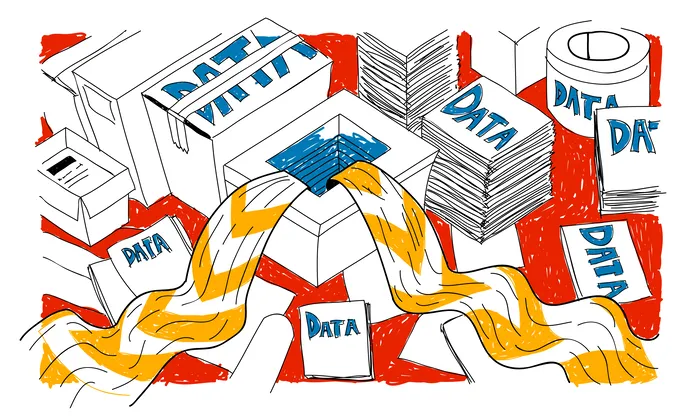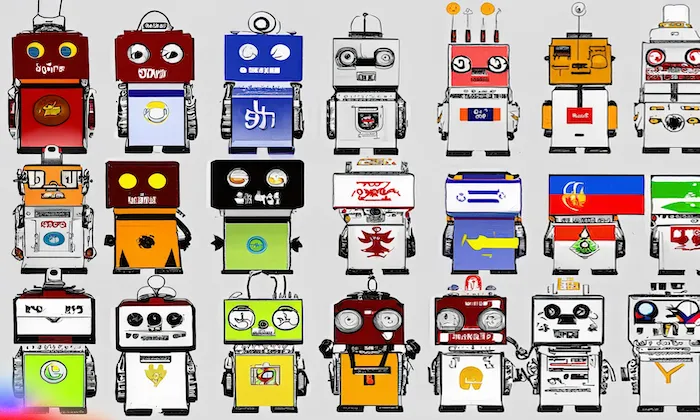Are all in doctor dictation datasets anonymized before delivery?
Data Anonymization
Healthcare
Speech AI
Yes, all doctor dictation datasets are anonymized before delivery to ensure compliance with privacy regulations and to protect patient information. This essential step helps meet legal obligations and supports ethical practices in handling medical data.
Importance of Anonymization: Compliance, Ethics, and Utility
- Compliance with Regulations: Anonymization is crucial for adhering to laws like HIPAA in the U.S. and GDPR in the EU, which are designed to protect patient privacy. These regulations require strict measures to ensure data confidentiality.
- Trust and Ethical Responsibility: By anonymizing data, organizations not only comply with legal standards but also enhance trust with healthcare providers and patients. This reassures stakeholders that sensitive information is handled responsibly.
- Data Utility in AI: Even without identifiable information, anonymized datasets are valuable for research and AI model development. They enable the creation of effective AI systems while maintaining individual privacy.
How Anonymization Works
1. Pre-recording Guidelines
- Clinicians are instructed to avoid using real patient identifiers during dictation. This includes not mentioning names, birth dates, or specific locations.
2. Automated PHI Scanning
- After recordings are made, automated systems scan the audio and transcripts to detect any remaining PHI, such as names and contact information.
3. De-identification Methods:
- Safe Harbor: This involves removing 18 specific identifiers that could identify an individual.
- Expert Determination: Qualified experts assess the data to ensure minimal risk of re-identification.
4. Quality Assurance
- Each dataset undergoes rigorous QA checks for compliance with anonymization standards. This ensures that the final dataset is free of identifiable information.
Balancing Anonymization and Data Utility
While anonymization is critical, it can sometimes remove contextual information beneficial for specific analyses. For example, while identifiers are stripped away to protect privacy, this may also remove nuances important for clinical context. The challenge lies in balancing privacy with maintaining the dataset's utility.
Real-World Applications of Anonymized Datasets
Anonymized datasets play a vital role in improving AI model accuracy and conducting research without compromising privacy. For example, they are used in developing medical ASR systems, enabling more accurate voice-to-text conversions for clinical notes. This allows healthcare professionals to automate documentation processes efficiently while ensuring patient confidentiality.
Overcoming Common Anonymization Challenges
Organizations may face challenges such as inadequate training for contributors or over-reliance on automated tools. FutureBeeAI employs a dual-review process involving medical linguists and clinicians to complement automated scanning. This approach helps catch errors that technology might miss, ensuring robust anonymization practices.
By prioritizing comprehensive anonymization, organizations like FutureBeeAI not only meet compliance requirements but also enhance the integrity and reliability of their datasets. This commitment to privacy and data utility strengthens trust and supports the development of impactful AI solutions.
Smart FAQs
Q. What if PHI is inadvertently included in a dataset?
A. If PHI is detected post-delivery, organizations follow established protocols to address the breach, which may include notifying affected parties and revising processes to prevent future occurrences.
Q. Does anonymization affect the quality of training data for AI models?
A. While anonymization may remove certain details, it retains the clinical context richness necessary for training effective AI models, ensuring they learn from diverse and realistic datasets.
What Else Do People Ask?
Related AI Articles
Browse Matching Datasets
Acquiring high-quality AI datasets has never been easier!!!
Get in touch with our AI data expert now!








